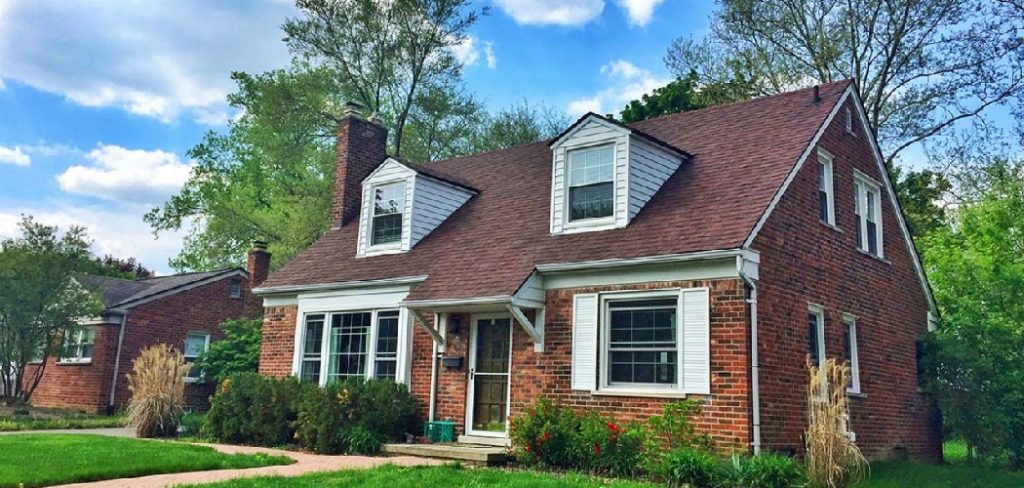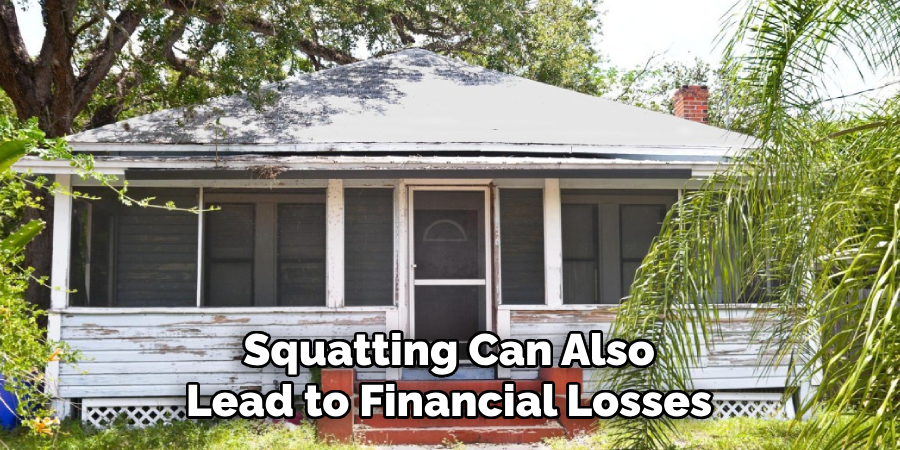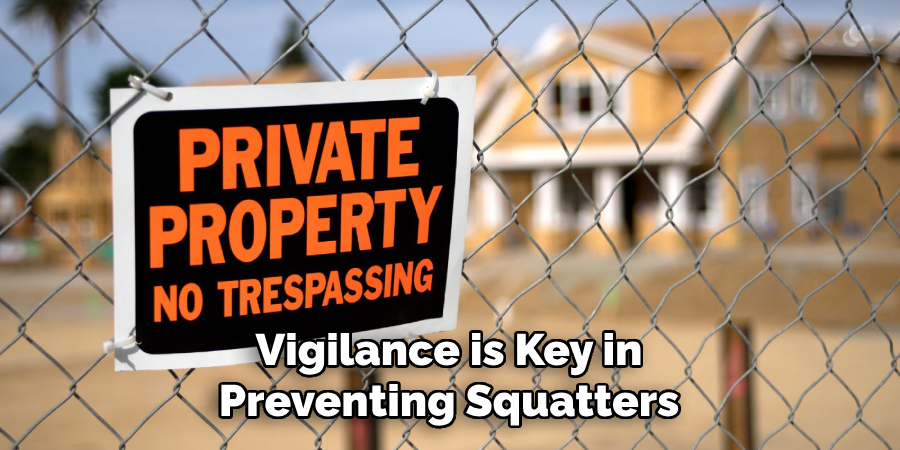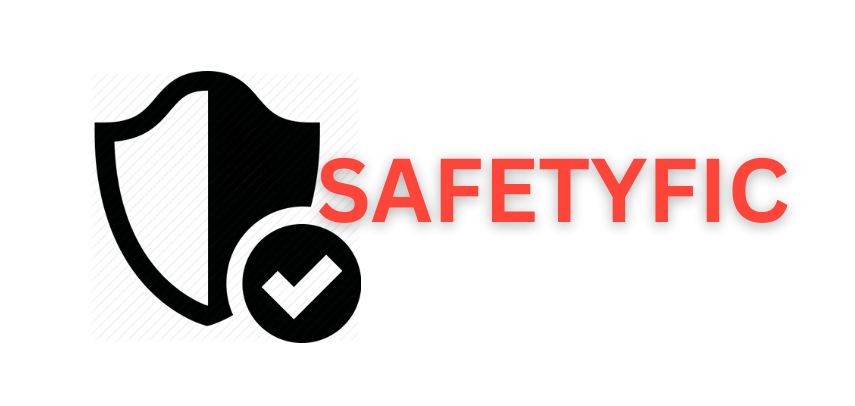Protecting your home from squatters is an essential aspect of property management, particularly if you own unoccupied or vacant buildings. Squatting, the act of occupying an abandoned or unoccupied space without legal permission, can lead to significant legal and financial issues.

It can compromise the integrity of your property, lead to costly repairs, and create prolonged legal battles. By understanding the risks and implementing preventative measures, you can significantly reduce the likelihood of your property being targeted by squatters.
This guide on how to protect your home from squatters will walk you through effective strategies to safeguard your home from unauthorized occupants.
What is Squatting?
Squatting, also known as adverse possession, is a legal term used to describe the act of occupying an abandoned or unoccupied property without the owner’s permission. In most cases, squatters take advantage of vacant properties and move in while they wait for the rightful owner to return or until they are forced out by legal means.
It is important to note that not all squatters have malicious intent, as some may be homeless individuals seeking shelter. However, regardless of the reasons for squatting, it can cause significant problems for property owners.
The Risks Associated with Squatting
There are many risks associated with squatting, both for the property owner and for the squatters themselves. Some of these risks include:
Property Damage:
One of the most immediate concerns with squatting is potential property damage caused by unauthorized occupants. Squatters may cause damage to the interior and exterior of your property, such as breaking windows, damaging doors, or even setting fires.
Legal Issues:
Squatting is considered a civil offense in most cases, but it can also lead to criminal charges if the squatters engage in illegal activities while on your property. This can result in lengthy legal battles that are not only time-consuming but also costly.
Liability:
If anyone is injured on your property while squatting, you could be held liable for their injuries. This includes both physical injuries and liability for any illegal activities that may occur on your property.
Financial Loss:
Squatting can also lead to financial losses, such as unpaid rent, utilities, and other expenses. It may also result in a decrease in property value due to the damage caused by squatters.

7 Steps on How to Protect Your Home From Squatters
Now that you understand the risks associated with squatting, here are some effective strategies for protecting your home from squatters:
Step 1: Secure Your Property
The first step in protecting your home from squatters is to ensure that your property is adequately secured. Start by installing robust locks on all doors and windows, making it difficult for unauthorized individuals to gain entry.
Consider using deadbolt locks and security bars for added protection. Additionally, if your property has been vacant for an extended period, regularly check for any signs of tampering or attempted break-ins and address them immediately.
Investing in a reliable security system is also crucial. Install surveillance cameras, motion detectors, and alarm systems to deter potential squatters and alert you to any unauthorized activity. Ensure that these security measures are visible, as this alone can serve as a strong deterrent.
Lastly, maintain good relationships with your neighbors and ask them to keep an eye on your property, alerting you to any suspicious activities. By securing your property effectively, you can significantly reduce the risk of squatters taking up residence in your home.
Step 2: Keep Your Property in Good Condition
Maintaining your property in good condition is another crucial step in deterring squatters. A well-kept property signals that the owner is actively involved and aware of their asset, making it a less attractive target for unauthorized occupants.
Regularly mow the lawn, trim hedges, and remove any debris or litter from your property. This upkeep not only boosts your property’s curb appeal but also sends a clear message that the property is not abandoned.
Additionally, ensure that all repairs and maintenance tasks are promptly addressed. Fix broken windows, repair damaged doors, and ensure that all structural elements are in good working order.
A property that is visibly well-maintained is more likely to be overlooked by squatters, who are often in search of neglected or rundown places to occupy.

Engaging a property management service can be beneficial if you’re unable to personally oversee the maintenance of your property, particularly if you have multiple buildings or are frequently away.
By keeping your property in pristine condition, you substantially minimize the risk of it attracting squatting activities.
Step 3: Regularly Inspect Your Property
Regular property inspections are essential in preventing squatting. By conducting periodic inspections, you can quickly identify any signs of unauthorized entry or occupation and take immediate action to address the issue.
If you’re unable to inspect your property personally, consider hiring a professional inspection service to do it for you.
When inspecting your property, look out for any broken windows or doors, evidence of forced entry, signs of living (such as furniture or personal items), and any other indicators that someone may be living on your property without permission.
It’s also important to check all areas of your property, including any outbuildings or storage units. If you discover any signs of squatting, inform the authorities immediately to have the occupants removed.
Step 4: Secure Legal Protection
It’s essential to understand your rights as a homeowner and take necessary legal steps to protect your property from squatters.
Consult with a real estate attorney in your area who can advise you on the laws surrounding adverse possession and help you take preventive measures against squatting.
Additionally, ensure that all necessary paperwork for your property is up-to-date and in good standing. This may include deeds, titles, taxes, and insurance documents.
Keeping these documents well-organized and easily accessible can help you protect your property in the event of a legal dispute with squatters.
Step 5: Be Vigilant

Vigilance is key in preventing squatters from taking over your property. Stay informed about the status of your property, especially if it’s vacant for extended periods. Make it a habit to visit your property regularly, checking for any signs of unauthorized occupancy or potential break-in attempts.
If you’re unable to do this yourself, consider enlisting the help of a trusted friend, family member, or hired property manager to keep an eye on the property in your absence.
In addition to regular visits, keep a close eye on local news and community updates for any reports of squatting activities in your area. This information can help you stay prepared and take preemptive measures to safeguard your property.
Participating in neighborhood watch programs can also be beneficial; these programs allow you to collaborate with your neighbors to monitor and report any suspicious activity. By being vigilant, you can significantly reduce the risk of squatters targeting your property.
Step 6: Take Immediate Action
If you suspect or discover any signs of squatting on your property, it’s crucial to take immediate action. Delaying or ignoring the issue can make it more challenging to evict squatters and reclaim your property.
Contact law enforcement immediately if you witness unauthorized entry or occupation on your property. Provide them with evidence such as photographs, videos, and eyewitness accounts, to support your claim.
It’s also important to initiate eviction proceedings as soon as possible by filing a police report and obtaining a court order for the removal of squatters.
This legal process may vary depending on your location, so it’s best to consult with an attorney familiar with property laws in your area.
By taking prompt and decisive action, you can increase the chances of successfully evicting squatters from your property.
Following these steps on how to protect your home from squatters can help you protect your property from squatters and safeguard your rights as a homeowner.
Remember to always stay vigilant, keep your property in good condition, and secure legal protection to prevent any unauthorized occupation.

Frequently Asked Questions
Q: What is Squatting?
A: Squatting is the act of occupying a property without the owner’s permission or legal right. It typically involves living in a vacant or abandoned property, often for an extended period. You do not have to pay rent or have any legal claim to the property to squat.
Q: What Are Some Signs of Squatting?
A: Signs of squatting may include broken windows or doors, evidence of forced entry, personal belongings left on the property, and utilities being used without authorization. It’s important to inspect your property regularly to identify any signs of unauthorized occupancy.
Q: How Can I Prevent Squatters From Targeting My Property?
A: To deter squatters, it’s essential to maintain your property in good condition, regularly inspect it for signs of unauthorized occupation, secure legal protection and be vigilant. Taking immediate action at the first sign of squatting can also help prevent the situation from escalating.
Additionally, connecting with local law enforcement and participating in neighborhood watch programs can also be beneficial in preventing squatters from targeting your property.
Q: What Should I Do if I Suspect or Discover Squatters on My Property?
A: If you suspect or discover any signs of squatting on your property, it’s crucial to take immediate action. This includes contacting law enforcement, initiating eviction proceedings, and consulting with a real estate attorney to protect your rights as a homeowner.
Delaying or ignoring the issue can make it more challenging to reclaim your property from squatters. By taking prompt and decisive action, you increase the chances of successfully evicting squatters from your property.
Conclusion
Taking proactive steps to protect your property from squatters is essential for all homeowners, especially those with vacant or infrequently visited properties.
By implementing robust security measures, maintaining the property in good condition, conducting regular inspections, securing legal protection, staying vigilant, and taking immediate action when necessary, you can effectively deter squatters and safeguard your investment.
Remember, the key to preventing squatting is consistent and active management of your property. By following the steps outlined in this guide on how to protect your home from squatters, you can minimize the risk and enjoy peace of mind, knowing that your property is well-protected.
About
Safety Fic is a distinguished figure in the world of Diy design, with a decade of expertise creating innovative and sustainable Diy solutions. His professional focus lies in merging traditional craftsmanship with modern manufacturing techniques, fostering designs that are both practical and environmentally conscious. As the author of diy, Safety Fic delves into the art and science of Safety Fic-making, inspiring artisans and industry professionals alike.
Education RMIT University
(Melbourne, Australia) Associate Degree in Design (Safety Fic) Focus on sustainable design, industry-driven projects, and practical craftsmanship. Gained hands-on experience with traditional and digital manufacturing tools, such as CAD and CNC software.
Nottingham Trent University
(United Kingdom) Bachelor’s in diyfastly.com and Product Design (Honors) Specialized in product design with a focus on blending creativity with production techniques. Participated in industry projects, working with companies like John Lewis and Vitsoe to gain real-world insights.
Publications and Impact
In diy, Safety Fic his insights on indoor design processes, materials, and strategies for efficient production. His writing bridges the gap between artisan knowledge and modern industry needs, making it a must-read for both budding designers and seasoned professionals.
